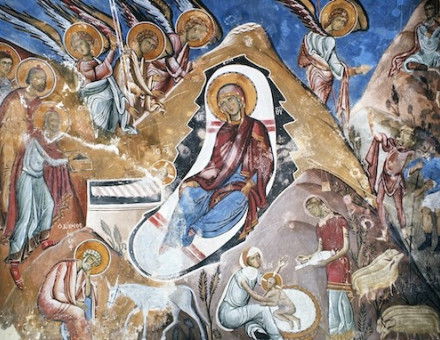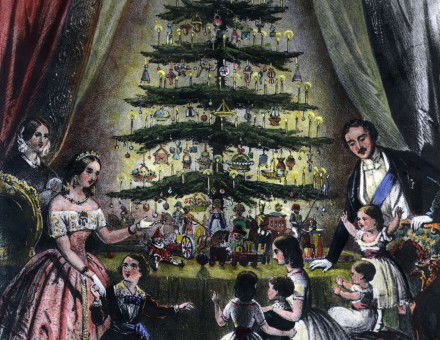Gibbon, the Secular Scholar
Gibbon may have been a man of his time but he was also master of his craft in deploying facts to show history (through the medium of the Roman Empire) as self-generating and self-explanatory, writes Roy Porter.
Have we seen the decline and fall of Edward Gibbon? What standing does his lifework carry today? Faced with such questions, historians and history readers alike may feel embarrassed. Surely Gibbon is still Britain's most renowned master of the craft – can there indeed by any work of history with a title more famous than The Decline and Fall of the Roman Empire? Yet, as Sir Geoffrey Elton correctly points out, 'hardly anyone reads [him] any longer', a fact which in Elton's eyes effectively seals his fate, given that 'readability is [his] main claim to fame'. In other words, for Elton and, one suspects, for many of today’s academics, Gibbon's icon no longer occupies the high altar in the pantheon of historical scholarship. 'To the historian', Elton writes, 'the great English historians are Maitland and Namier'.





